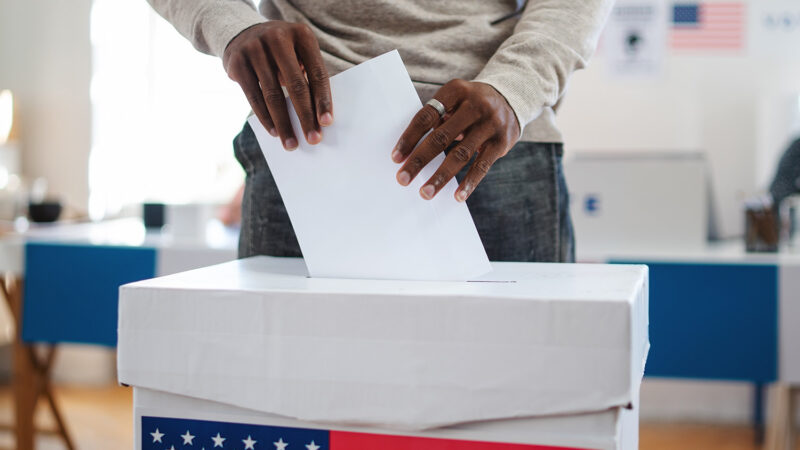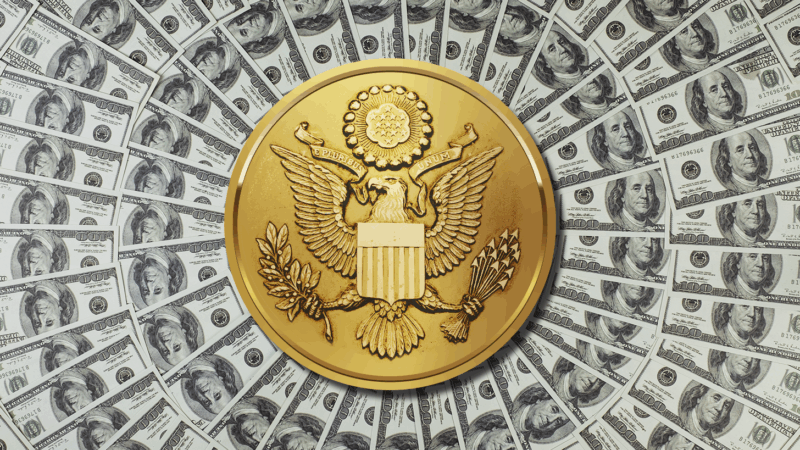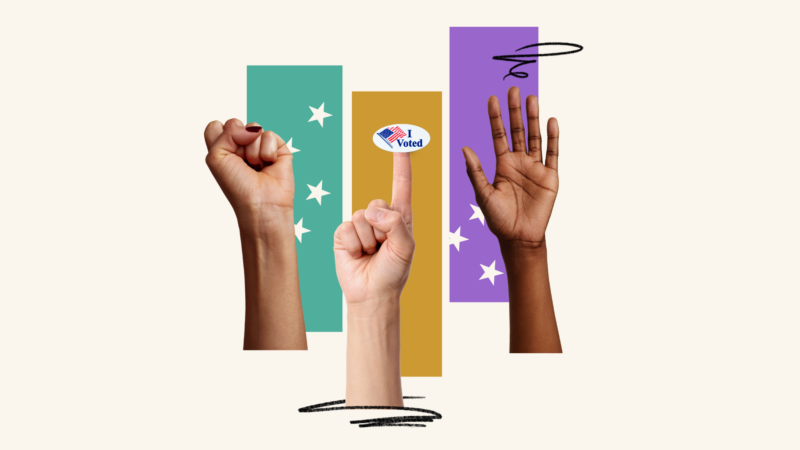Parties Should Be Fixed, Not Sidelined
- July 11, 2023
New report from APSA finds broken political parties at the core of democracy crisis — Fixing the broken party system must be a top priority.
A new report released today by the American Political Science Association (APSA) and Protect Democracy, More than Red and Blue: Political Parties and American Democracy, identifies how today’s political parties are exacerbating many of the country’s central political problems. Skepticism of political parties is a central feature of American political culture and only about 11% of Americans express high confidence in political parties. Ultimately, the research supports a surprising conclusion: there’s a near-consensus among scholars that healthy political parties are essential to a stable democracy, and without efforts to improve and strengthen parties, our politics will likely continue to deteriorate.
In response to the grave challenges to democracy in the U.S., APSA established this task force of 13 leading American scholars on political parties and partisanship, chaired by David Lublin (American University) and Lilliana Mason (Johns Hopkins University). The task force’s report synthesizes decades of expert research on political parties: what they do in democracies, why American parties are failing to behave responsibly, and what evidence tells us about their future. Key insights from the report include:
- Features of the current campaign environment, from campaign finance regulations to changes in media, have made it harder for political parties to fulfill their roles.
- American political parties are easy to join, opening them to new voices and interests but also leaving them vulnerable to capture by those with authoritarian objectives.
- Racial realignment between the major parties has been growing for decades, changing the way the parties see the political landscape and their incentives for action. In the 2016 presidential election, non-White voters comprised roughly 45% of the Democratic vote, compared with less than 15% of Republican voters.
- Political parties are vital to modern democracy and reform efforts should take their essential roles seriously.
More than Red and Blue makes a landmark contribution to public debate — APSA has not published a major report on American parties and partisanship since 1950. “Ideally, political parties provide channels for representation of views and assist candidates and voters in organizing around issues. They help bring people from disparate points of view together for a common purpose and hold elected officials accountable. And perhaps most importantly, parties govern. But our parties do not appear to be performing these functions well. The question is – why not? And what can be done to rectify this?” explained John Ishiyama, who served as APSA’s President from 2021-2022.
Learn more: More than Red and Blue: Political Parties and American Democracy Learn more: More than Red and Blue: Political Parties and American Democracy
In addition to diagnosing some of the systemic problems (e.g., racial resentment, permeable parties, changes in the nominating process, and changes in the media environment), More than Red and Blue offers a framework grounded in research for strengthening our democracy. “The Task Force has provided an invaluable resource. Addressing the challenges facing American political parties will require creative solutions and attention to the entire landscape of our democracy. This report offers a firm foundation from which to pursue bold but realistic improvement,” said Jennifer Dresden, a Policy Advocate at Protect Democracy.
The report challenges popular anti-party sentiment that pervades reform discussions. Because, as the report notes, “without political parties, democracy would be even more chaotic, inefficient, and opaque than it is today.”
Related Content
It can happen here.
We can stop it.
Defeating authoritarianism is going to take all of us. Everyone and every institution has a role to play. Together, we can protect democracy.
Donate
Sign Up for Updates Sign Up for Updates
Explore Careers Explore Careers
How to Protect Democracy How to Protect Democracy




